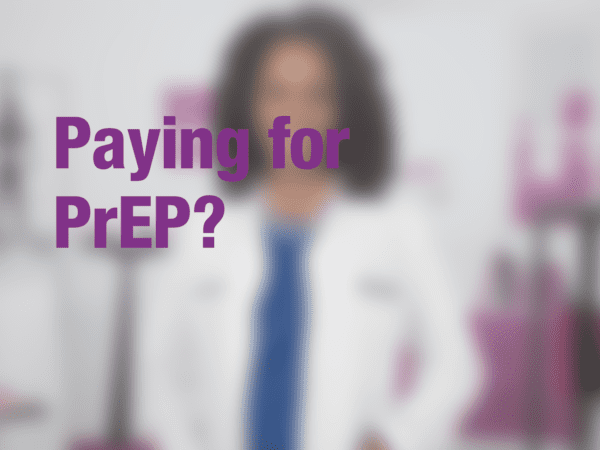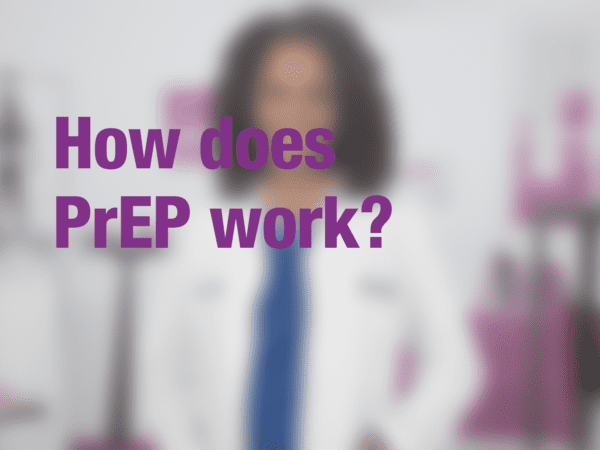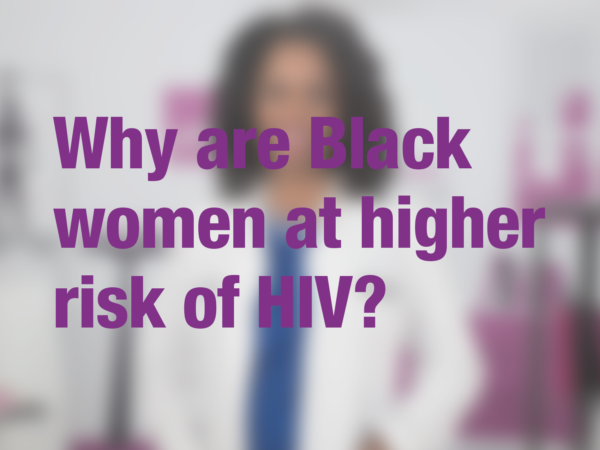Absolutely. Absolutely. You know, that is probably one of the earliest victories in the HIV epidemic, was this ability to realize that women who were infected with HIV could actually safely have children. Now, they can’t just go out into the world and make a baby. They need to have their virus well-controlled, so ideally they’re on medication, their viral load is undetectable and well-controlled. When they get to the point of delivery, during delivery, medication is administered as well, and then after the baby is born, the baby gets medication also for several weeks to make sure that they do not become infected.
Dr. Flash talks through how women with HIV can safely have children without HIV.
The risk of passing HIV from mother to child during pregnancy, birth and through breastfeeding can be almost eliminated. Antiretrovirals (ARVs), the medications used to treat HIV, not only keep expectant mothers with HIV healthy, but are also highly effective at preventing mother-to-child transmission. If a woman with HIV takes ARVs as prescribed throughout pregnancy, labor and delivery, and treatment is provided to the baby after birth for 4-6 weeks, the risk of transmitting the virus is one percent or less.
Women with HIV who are pregnant or planning on becoming pregnant should talk with a healthcare provider to determine the best health care options for them and their baby.


